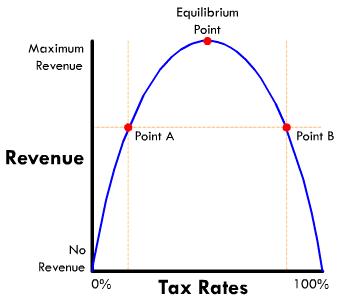Therefore, extraplating from one data point, it becomes intuitively obvious to even the most casual observer that dropping all taxes to zero should result in a near-infinite spike in productivity, resulting in the government recognizing an increase in the government's take, presumably from collecting roundoff errors in banking statements or similar magic.
That article also uses one of my very favorite ways to mislead with statistics, using the IRS definition of Small Business (IRS) to talk about individual tax rates being paid by business owners, combined with the mention of most jobs being created by Small Business (SBA) using the rather different definition used by the SBA that allows companies of 500 employees (1000 for organic nitrogen fertilizer producers, etc) to be called a small business. Most of these are C Corporations paying taxes at corporate tax rates.
The WSJ gang seems to be cribbing from each others notes. I see this whopper in quite a few of their opinion pieces.
Oh, and if you think I'm not taking this discussion seriously, you're right. In the strange world of government budgets, a budget cut is when a department gets an increase in funds, just not quite as big an increase as they'd planned on. Anyone who thinks that sort of cut will reduce a deficit is invited to tea at the Hatter's place.
Lord save us from congressmen and other useful idiots.


